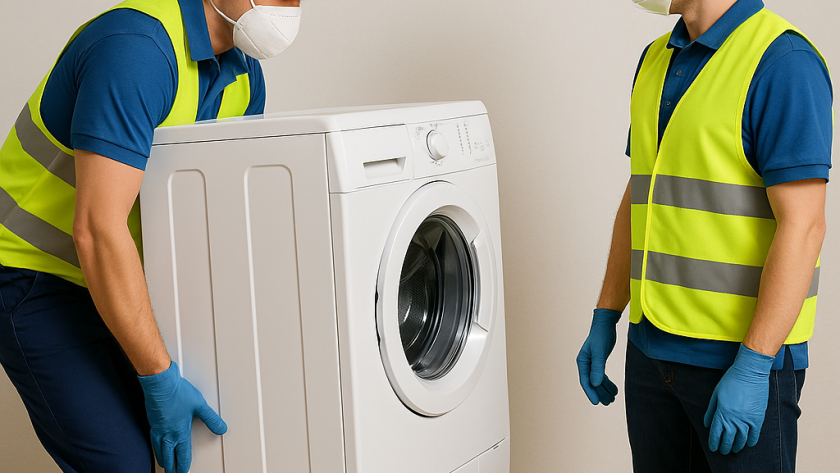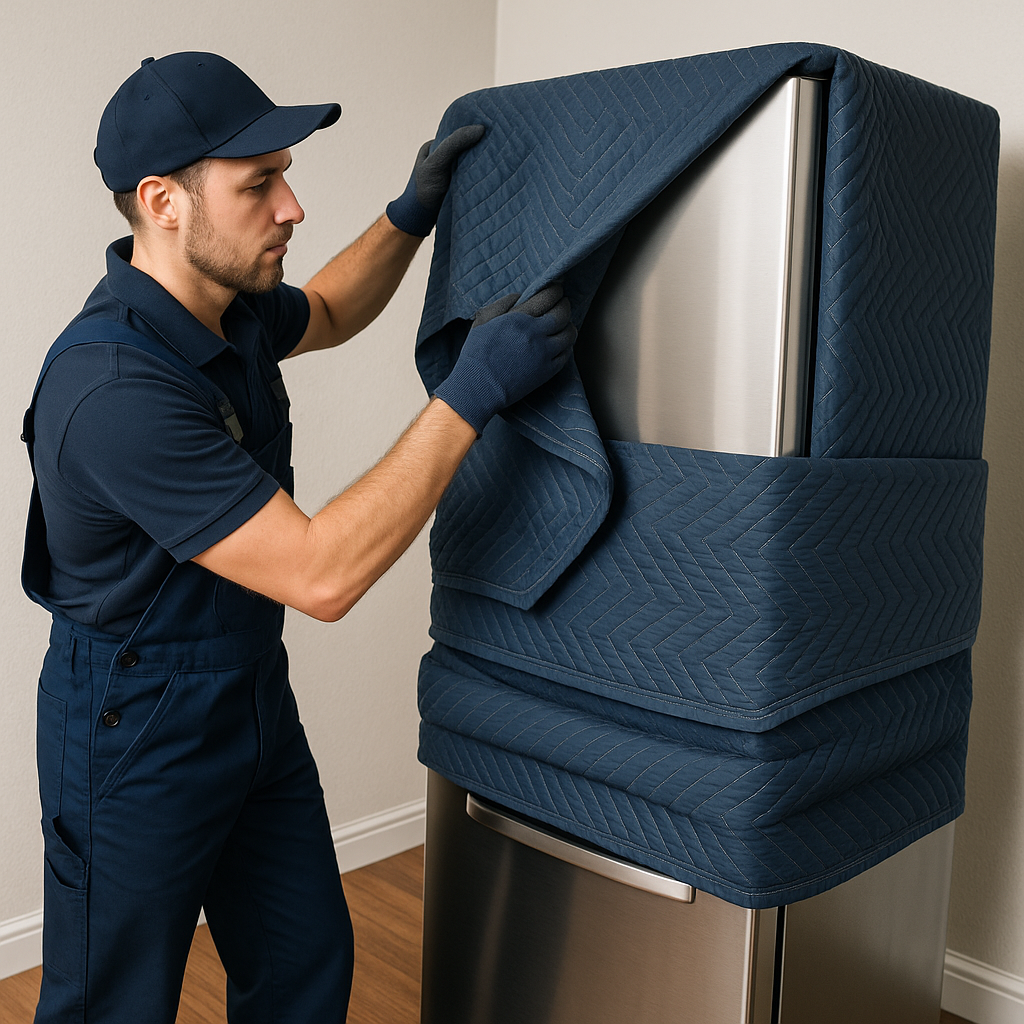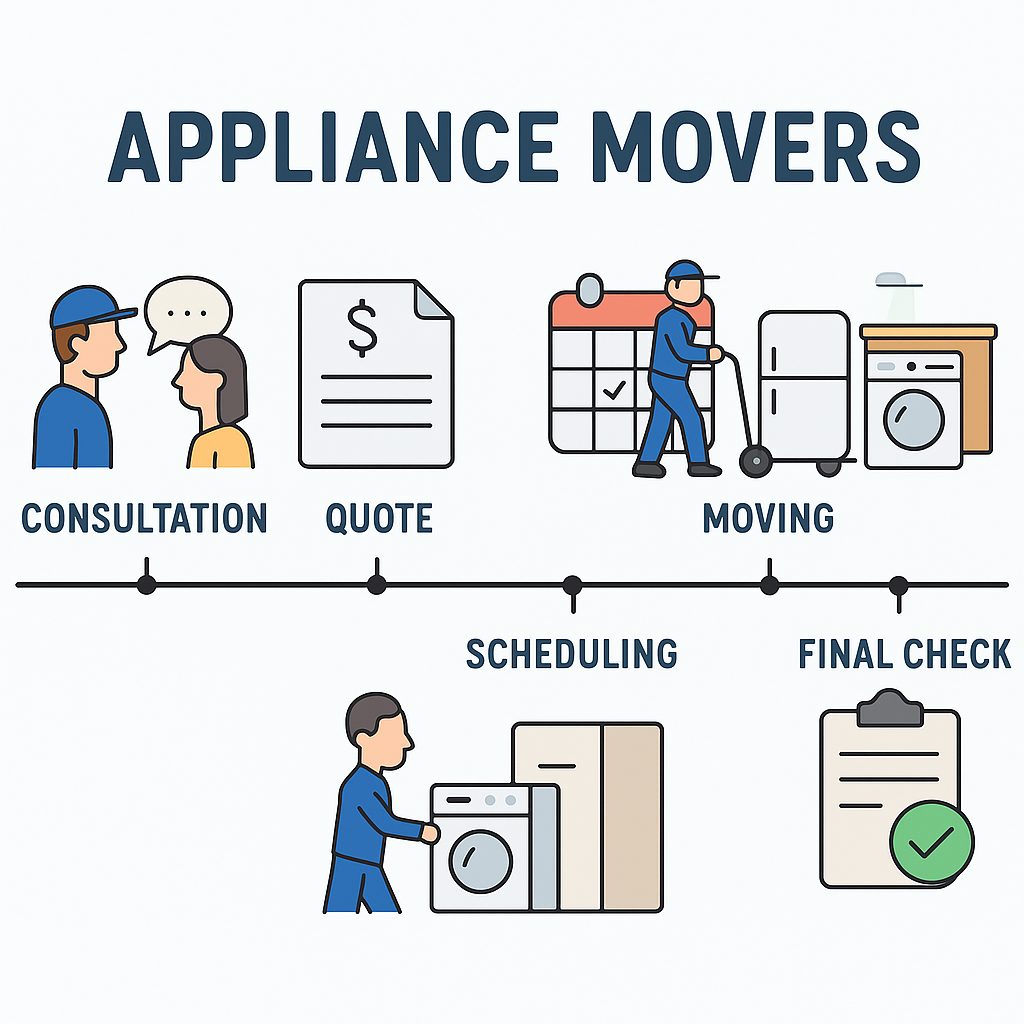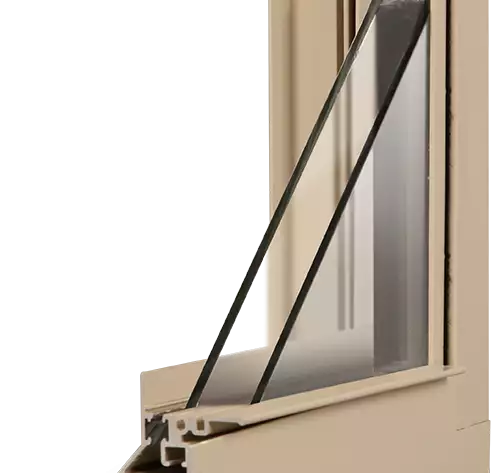
When the loss of a loved one occurs, families in Durham, NC often look for ways to find peace, comfort, and a sense of closure. Music and memorial rituals play a central role in how we honor a loved one’s life, express emotions, and bring communities together. At Endswell Funeral Home and Crematory, one of the trusted funeral homes in Durham, NC, serving Durham, Chapel Hill, Hillsborough, and the surrounding areas, music and rituals are thoughtfully integrated into every funeral service and memorial service. These meaningful traditions offer families comfort and guide them through one of life’s most challenging times.
Service and Healing Through Music
Music is often called the language of the heart. During a funeral service in Durham, hymns, favorite songs, or instrumental pieces can create an atmosphere of reflection and respect. Endswell’s dedicated staff helps families customize music choices to personalize the ceremony, ensuring that every service reflects the wishes and legacy of the loved one. Whether it is a classical piece played at a graveside ceremony or a beloved song during a memorial service, music helps families we serve find strength, comfort, and a way to celebrate life.
Funeral Traditions That Honor Life
Every culture has unique funeral traditions, and at Endswell Funeral Home, families can dedicate rituals that celebrate their loved one’s life with dignity. Whether through burial, cremation, or a graveside ceremony, rituals provide a structured way to reflect, mourn, and find peace of mind. The Endswell team helps with funeral arrangements, guiding families with compassionate care through every step.
By weaving in music, prayers, readings, and flowers, families are able to honor traditions while still adding options tailored to their family’s beliefs. This balance ensures each funeral service is dignified and respectful, providing a lasting tribute.
Family Connections in Memorial Rituals
Memorial rituals bring family and friends together in unity. Whether in Durham, Chapel Hill, or Hillsborough, these ceremonies help families surround one another with love during a challenging time. Music, memory-sharing, and symbolic acts such as lighting candles or offering flowers are moments that strengthen bonds.
At Endswell, the staff is here to guide families in creating meaningful rituals that celebrate the loved one’s life and support the grief process. Families also have access to counseling, aftercare, and grief support programs to help them heal long after the funeral service has ended.
Obituary and Legacy
An obituary is more than an announcement; it is a written tribute that reflects a loved one’s life, achievements, and legacy. When paired with music and rituals, it becomes part of a complete memorial. Endswell helps families offer thoughtful wording and details in the obituary so it resonates with family, friends, and the community.
An obituary can be read aloud during a memorial service, paired with a musical performance, or displayed alongside flowers. It serves as a way to ensure that a loved one’s life is remembered with dignity, compassion, and respect.
Families Are Saying: The Impact of Music and Rituals
Families are saying that Endswell’s attention to every detail, from music selection to ritual arrangement, gives them peace of mind. Testimonials highlight how compassionate support, thoughtful planning, and the ability to customize rituals provided healing.
Many share that the presence of music during a time of need helped them feel closer to their loved one and created a sense of connection for all who attended. These stories reflect the power of music and rituals to turn sorrow into meaningful moments of remembrance.
Funeral Service Options in Durham NC
At Endswell Funeral Home, families in Durham and the surrounding areas have access to comprehensive funeral service options. Whether choosing a complete funeral with traditional burial, a graveside ceremony, or a memorial service, the goal is always to honor your loved one with dignity.
Music plays a role in each type of service, helping families reflect, celebrate, and find comfort. The Endswell team works to ensure that every family’s wishes are respected while keeping the service seamless and supportive.
Cremation Services and Memorial Rituals
For families choosing cremation, Endswell provides a range of cremation services. From direct cremation to cremation options tailored to each family’s needs, the process is handled with compassion and care.
Music and memorial rituals can still be a vital part of cremation services. A memorial service may include live music, a slideshow, or family readings. Families may also dedicate an urn or create an environmentally friendly tribute in a cemetery or natural setting. These flexible options tailored to your family’s wishes make cremation services a meaningful way to honor a loved one’s life.
Funeral Home Staff That Offers Compassionate Guidance
The Endswell funeral home takes pride in its compassionate staff, who are trained to provide care, grief support, and counseling. They work with families to offer music selections, ritual planning, and even pre-planning guidance.
By offering planning ahead and pre-planning services, families can secure peace of mind and reduce stress for future generations. This cost-effective and secure approach ensures that every detail is considered and that the funeral and cremation choices reflect the legacy and wishes of the loved one.
Honor Through Arrangement and Rituals
Every arrangement at Endswell is designed to honor the loved one and bring comfort to the family. Whether through flowers, personalized music, or symbolic acts, the staff helps customize ceremonies that feel both personal and traditional.
Families can choose between burial, cremation, or a memorial service, knowing that they are supported every step of the way. Endswell takes pride in ensuring that services are dignified and respectful, helping families reflect and celebrate life.
Welcome and Support for Families in Times of Need
At Endswell, families are always welcome to reach out during their time of need. The funeral home is dedicated to serving Durham, Chapel Hill, Hillsborough, and all surrounding areas with compassion, dignity, and respect.
With flexible, seamless, and comprehensive support, Endswell makes sure families feel surrounded by care and guidance. Their staff works tirelessly to ensure that families can focus on healing while they handle every detail of the funeral arrangements.
Immediate and Pre-Planning Options
Endswell understands that some needs are immediate, while others involve planning ahead. For families facing an unexpected loss of a loved one, Endswell provides immediate funeral and cremation support. For those who wish to prepare in advance, pre-planning services are available to secure a meaningful, cost-effective, and customized arrangement.
This flexible approach allows families to plan services that align with traditions, budgets, and environmental values while ensuring a dignified legacy.
Honor Your Loved One with Compassionate Funeral and Cremation Services in Durham, NC
Music and memorial rituals are powerful tools that help families in Durham, NC, honor their loved ones, find comfort, and keep traditions alive. At Endswell Funeral Home and Crematory, every funeral service, memorial service, or cremation is designed with compassion, dignity, and respect.
Whether you are facing an immediate time of need or considering planning ahead, Endswell is here to guide you through every step. With a dedicated staff, comprehensive funeral and cremation options, and a focus on music and rituals, they take pride in helping families create meaningful tributes that celebrate life and preserve a lasting legacy.
Call us today at 919-907-9777 or visit Endswell Funeral Home to learn more about funeral arrangements, cremation services, and memorial options.

Endswell Cremation | Aquamation | Green Burial – Durham, Cary, Raleigh, NC
116 Crutchfield St, Durham, NC 27704
(919) 910-0621
https://endswellfuneralhome.com/


















